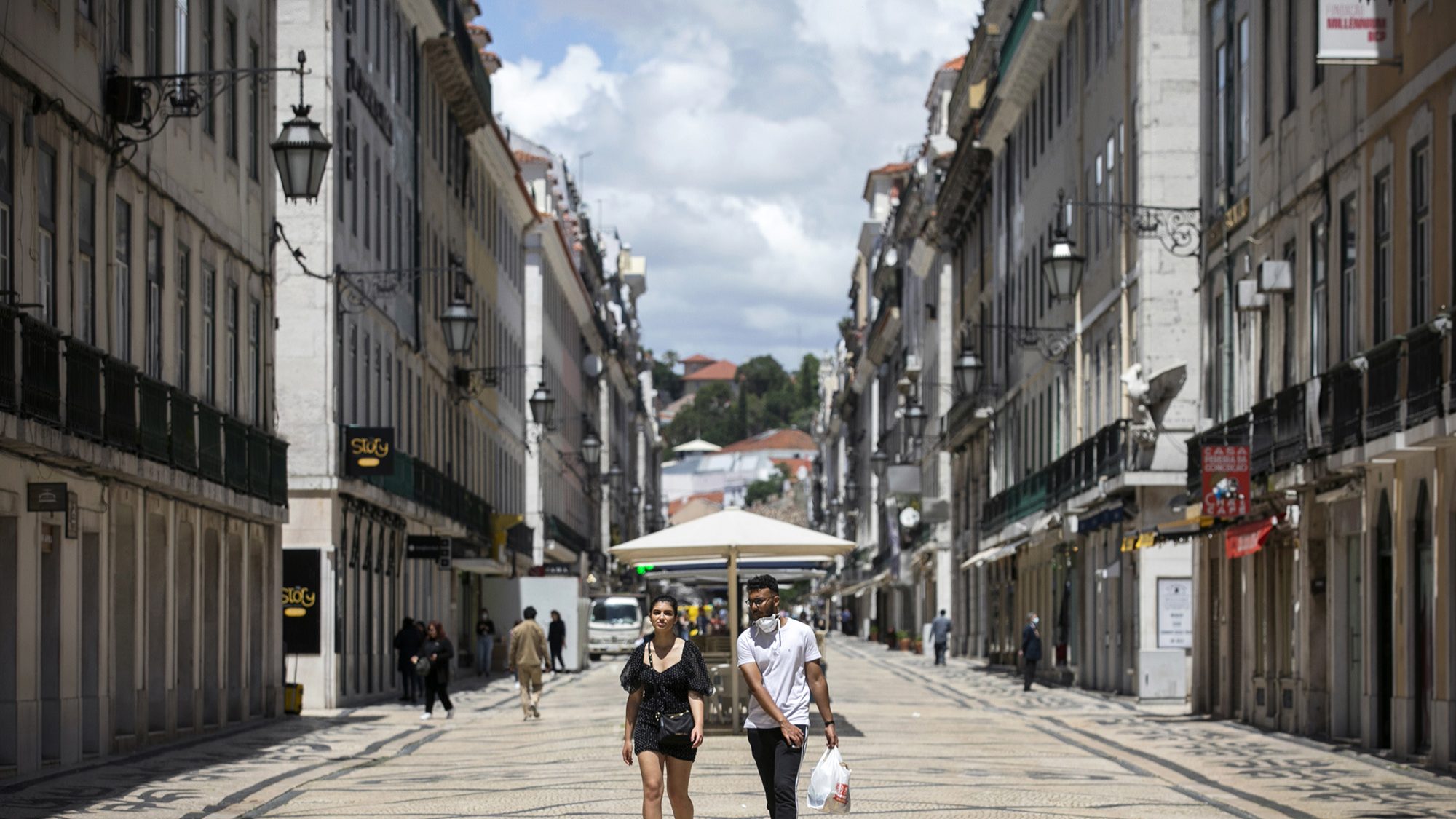Parties call for support for business, improved pay to combat crisis
António Costa has heard the views of political parties on the government's plan to tackle the crisis caused by the pandemic.
Portugal’s prime minister, António Costa, has this week heard the views of political parties with seats in parliament on the government’s plan to tackle the economic and social crisis caused by the Covid-19 pandemic, including calls for more support for business and improved salaries.
The meetings, which began on Monday and ended on Tuesday, were also attended by the minister of economy, Pedro Siza Vieira, and the minister of finance, Mário Centeno. The latter is to present a supplementary state budget to parliament containing a package of investments in various areas.
Costa had already announced as the governing Socialist Party (PS) secretary-general that the programme of “social and economic stabilisation” for the country was to have four pillars, the first of which was to be to “de-bureaucratise investment” on the part of municipalities and companies.
The second pillar relates to business and the third to employment, while the fourth is to respond to the “social dimension of the crisis and will involve continuing to strengthen the National Health Service and public schooling.”
At the end of his meeting with the prime minister, opposition leader Rui Rio of the centre-right Social Democratic Party (PSD), the largest opposition party in parliament, said that the government estimated that 13 billion euros in additional funding would be needed to implement the stabilisation plan.
Also according to Rio, the government sees gross domestic product shrinking by 7% in real terms this year.
The PSD leader promised that his party would not create “obstacles” to the approval of a document that would ensure the country was “prepared to fight” the economic and social crisis. He said that he would present the PSD’s own contributions to the stabilisation programme shortly.
Of parties on the left, the Communist Party (PCP) and Left Bloc (BE) called for urgent measures to maintain employment and to restore salaries affected by the use of layoffs in many companies during the pandemic.
The Greens (PEV), meanwhile, said that the government was open to suspending up-front corporate income tax payments this year and to creating a cash fund for small and micro-businesses.
People-Animals-Nature (PAN) proposed regulating the use of remote working and argued that the government’s simplified layoff programme for companies should be extended until the end of the year. Such an extension was also advocated by the right-wing People’s Party (CDS-PP), which also called for the creation of a mechanism to settle accounts between the state and taxpayers, as well as tax incentives and tax cuts.
The governing Socialist Party, the last to be received by the prime minister, announced that the government intended to press ahead with programmes to support micro-, small and medium-sized enterprises as part of its economic plan, but also individual citizens in situations of great need or vulnerability. Party deputy secretary-general José Luís Carneiro also said that the government intended to increase public investment in sectors such as school infrastructure, housing and the National Health Service.
The government’s economic and social stabilisation programme and the supplementary state budget that is to finance it are to be submitted to parliament in June.


